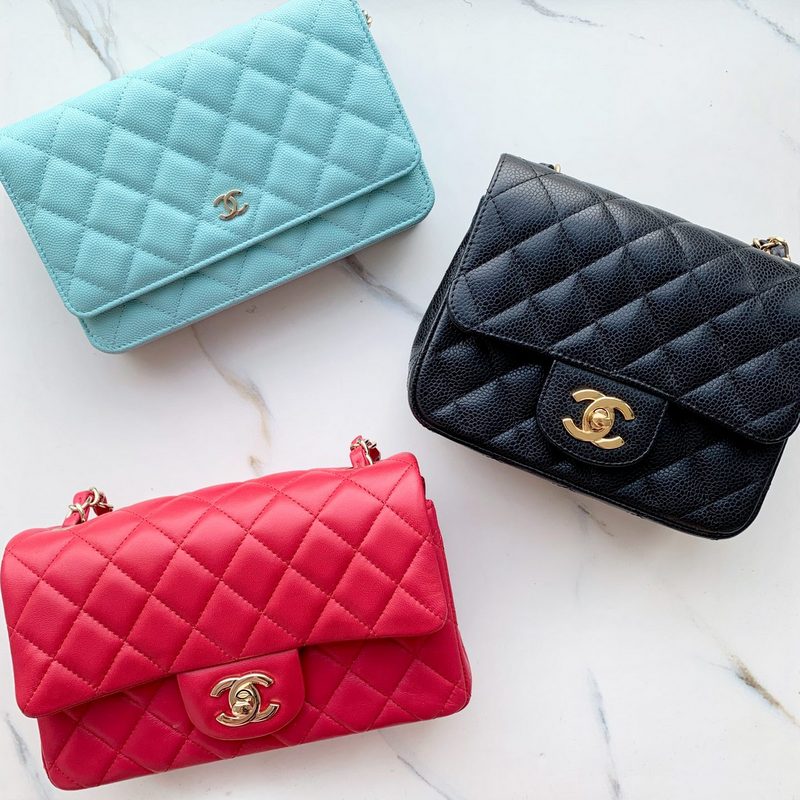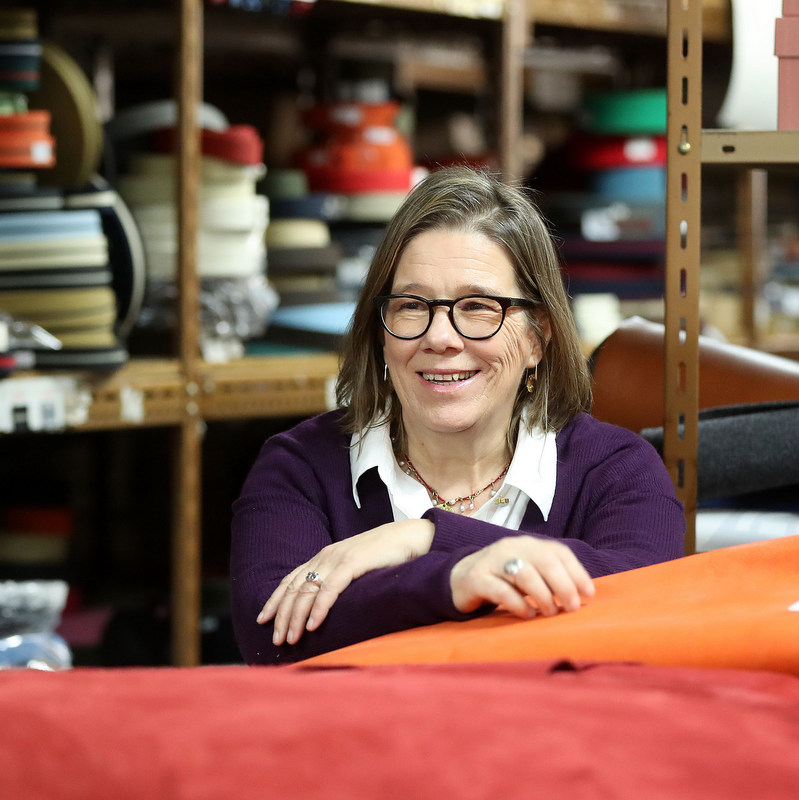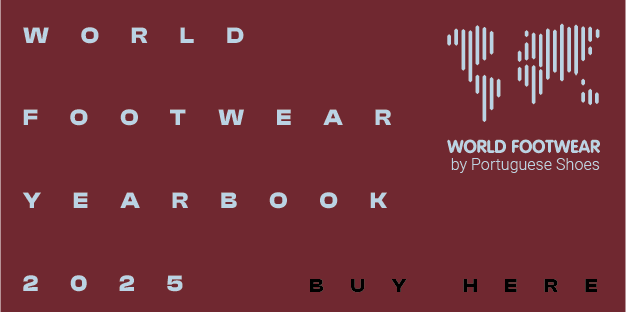Big brands join the New Plastics Economy Global Commitment

A Global Commitment to eradicate plastic waste and pollution led by the Ellen MacArthur Foundation in collaboration with UN Environment was signed by several giant brands
The New Plastics Economy Global Commitment has been signed by 250 organisations including many of the world’s largest packaging producers, brands, retailers and recyclers, as well as governments and NGOs. Signatories include companies representing 20% of all plastic packaging produced globally, such as Danone; H&M group; Burberry; Stella McCartney; Inditex (owner of Zara); L’Oréal; Mars, Incorporated; PepsiCo; The Coca-Cola Company; and Unilever; major packaging producers such as Amcor, plastics producers including Novamont, and resource management specialist Veolia.
The Global Commitment and its vision for a circular economy for plastic are supported by the World Wide Fund for Nature (WWF), and have been endorsed by the World Economic Forum, The Consumer Goods Forum (a CEO-led organisation representing some 400 retailers and manufacturers from 70 countries) and 40 universities, institutions and academics.
Aim and targets of the initiative
The Global Commitment aims to create ‘a new normal’ for plastic packaging. Targets will be reviewed every 18 months and become increasingly ambitious over the coming years. Businesses that sign the commitment will publish annual data on their progress to help drive momentum and ensure transparency.
Targets include:
• Eliminate problematic or unnecessary plastic packaging and move from single-use to reuse packaging models;
• Innovate to ensure 100% of plastic packaging can be easily and safely reused, recycled, or composted by 2025;
• Circulate the plastic produced, by significantly increasing the amounts of plastics reused or recycled and made into new packaging or products;
• Eliminate problematic or unnecessary plastic packaging and move from single-use to reuse packaging models;
• Innovate to ensure 100% of plastic packaging can be easily and safely reused, recycled, or composted by 2025;
• Circulate the plastic produced, by significantly increasing the amounts of plastics reused or recycled and made into new packaging or products;
Eliminating unnecessary and problematic plastics is an essential part of the Global Commitment vision and will make it easier to keep remaining plastics in the economy and out of the environment.
UN Environment, which leads the Global Partnership on Marine Litter and its Clean Seas Campaign, also launched the Global Plastics Platform to support international efforts to tackle plastic pollution. Governments that sign, pledge to put in place policies and enabling conditions to support the Global Commitment’s targets and vision.
“Ocean plastic is one of the most visible and disturbing examples of a plastic pollution crisis. The New Plastics Economy Global Commitment is the most ambitious set of targets we have seen yet in the fight to beat plastics pollution. It sets out the steps businesses and governments must take if we are to find a solution to the root causes of plastic pollution and we urge all those working towards dealing with this global issue to sign it”, commented Erik Solheim, Head of UN Environment.
Founder of the Ellen MacArthur Foundation, Dame Ellen MacArthur, challenged all entities interested to be part of the movement to go even further: "I encourage all businesses and governments to go further and embark on a race to the top in the creation of a circular economy for plastic. One in which this material never becomes waste or pollution.”
Key Statistics
Researchers estimate that more than 8.3 billion tonnes of plastic has been produced since the early 1950s. About 60% of that plastic has ended up in either a landfill or the natural environment. More than 99% of plastics are produced from chemicals derived from oil, natural gas and coal — all of which are non-renewable resources. If current trends continue, by 2050 the plastic industry could account for 20% of the world’s total oil consumption. If current trends continue, there could be more plastic than fish in the ocean by 2050. Plastic packaging is not the sole source of plastic pollution; however it is the biggest application of plastic, with about one third of all plastic produced going into packaging.Photo by JOSHUA COLEMAN on Unsplash


















